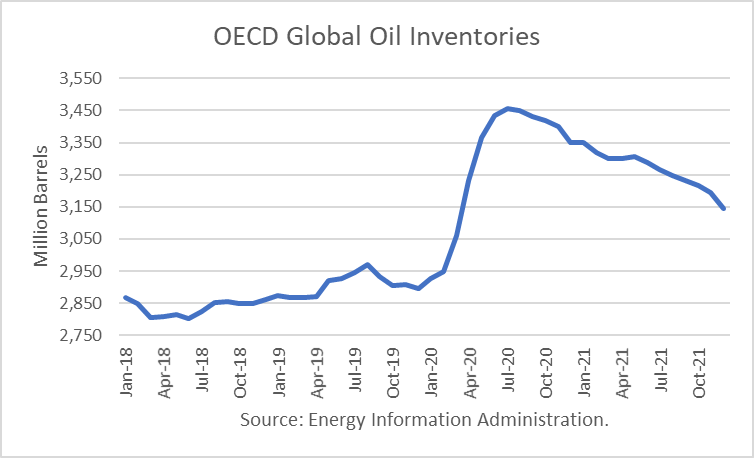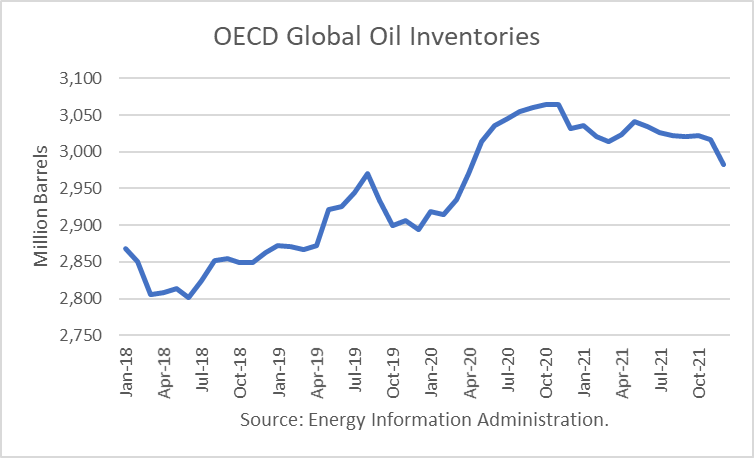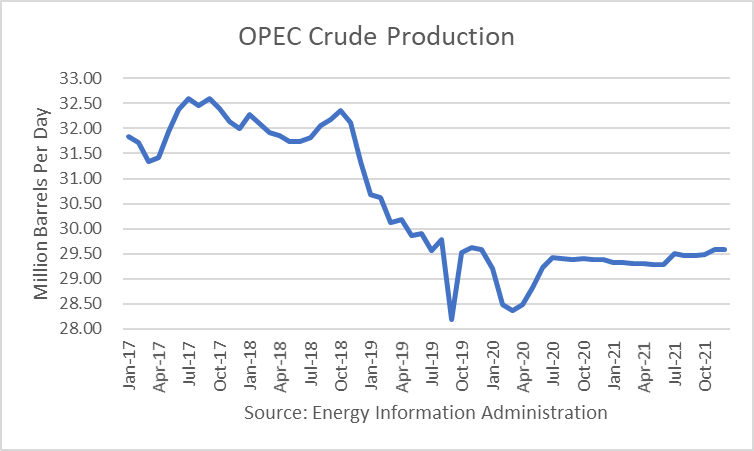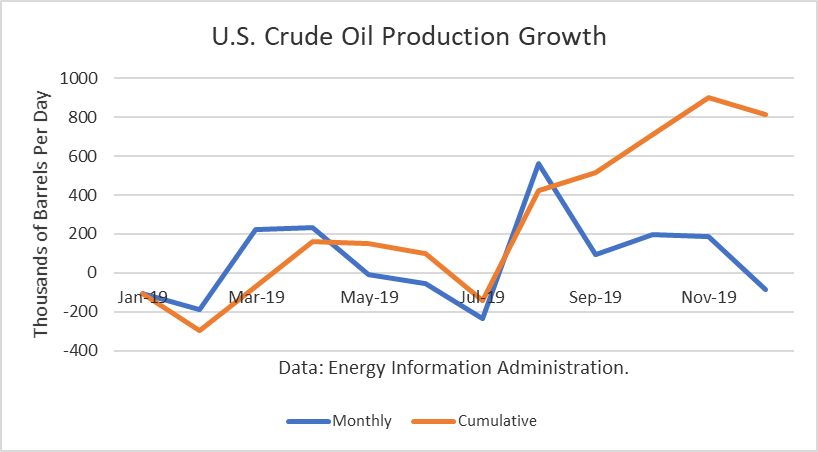Timing when oil storage will be full is one of the key issues of interest in the oil market. It depends on how long stays depressed, or how quickly it can rebound, and how much oil producers are cutting output in the U.S. and worldwide. The answers are unknown, but I will try to outline what is known and likely.
Oil data in the U.S. is the most timely and accurate, so that’s a good place to start. Crude oil inventories in Cushing, Ok., the delivery hub for the NYMEX WTI crude futures contract, reached 59.7 million barrels in the week ending April 17. About 2.1 million is used for line fill, and so 57.7 million is the net stocks held in tank farms. That represents 76 % of net working storage of 76.1 million barrels.
Given the excess storage, it would not explain why trader panic drove oil prices negative just prior to the expiration of the May contract. The reason was that the remaining storage was leased. “The terminals have already contracted their storage 100%,” said Ernie Barsamian, chief executive officer of The Tank Tiger, a terminal storage clearinghouse, was quoted.
And so traders who were still long but could not take delivery had to sell at any price. And buyers got Continue reading "Oil To Test Storage Capacity"




